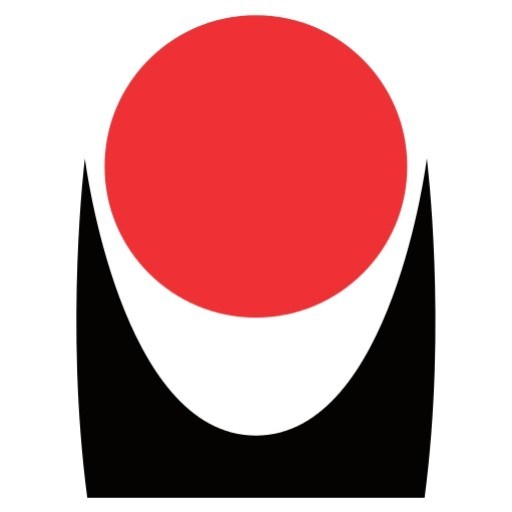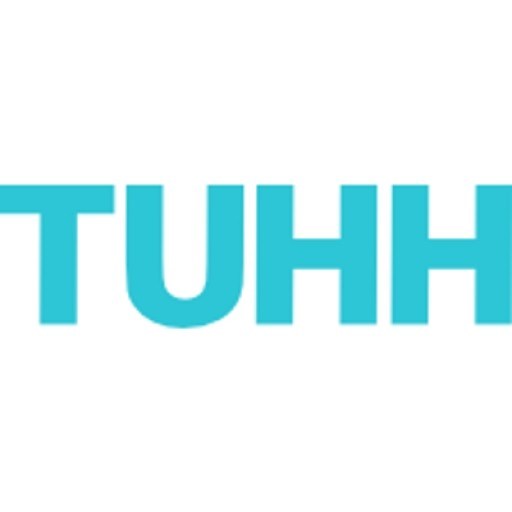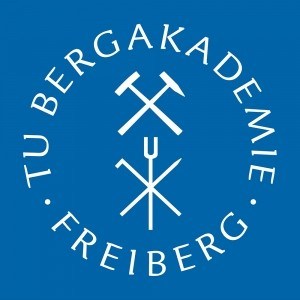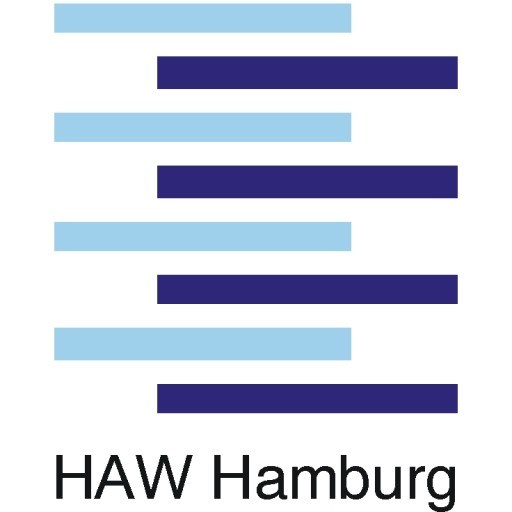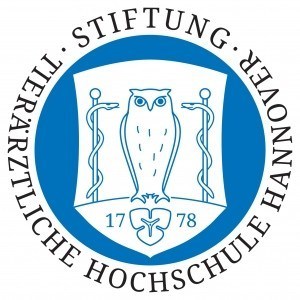Environmental Engineering at the University of Lübeck is a comprehensive interdisciplinary program designed to prepare students to address the complex challenges of environmental protection, sustainable development, and resource management. The program combines fundamental engineering principles with environmental sciences, enabling graduates to develop innovative solutions for pollution control, waste management, water and air quality improvement, and the sustainable use of natural resources. Throughout the course of study, students gain a solid understanding of ecological systems, environmental legislation, and technological processes, equipping them with the skills necessary to assess environmental impacts and design effective remediation strategies. The curriculum integrates theoretical coursework with practical laboratory work, project-based learning, and internships, fostering hands-on experience and real-world problem-solving abilities. Students are encouraged to develop a systems-thinking approach, considering economic, social, and ecological factors in their engineering solutions. The program also emphasizes the importance of research and innovation, providing opportunities for students to engage in cutting-edge environmental projects and collaborations with industry and research institutions. Graduates of the Environmental Engineering program at the University of Lübeck will be well-prepared for careers in environmental consulting, industrial process optimization, government agencies, NGOs, and research institutions. They will possess not only technical expertise but also a strong awareness of the ethical and societal implications of their work, enabling them to contribute to a sustainable future. The program adheres to international standards and is designed to meet the demands of the evolving global environment sector, ensuring that graduates are competitive in the international job market. The University of Lübeck’s dedicated faculty, modern facilities, and strong network of partners provide an excellent learning environment for aspiring environmental engineers committed to making a positive impact on the world.
Educational organisation
Students may enrol in spring (March) or in autumn (September). During the summer semester (beginning in March), lectures are given on the following:- Framework for Sustainability
- Industrial Ecology
- Water & Environment
- Urban Water Science and Technology
- Project 1 - Energy - Climate - Ecology
During the winter semester (starting in September/early October), courses are given on the following:
- Environmental Processes for Resource Protection
- Energy and Climate Protection
- Environmental Hydraulics
- Sustainable Water Management
During the third semester, a Master's seminar will cover research techniques, literature review, scientific writing, presentation techniques, and reporting skills. Based on this Master's seminar, the Master's thesis will be completed in three months time.
MaEE is a three-semester, postgraduate Master's programme with 90 ECTS credits. During the first two semesters, students complete eight modules with six ECTS each, and two projects with six ECTS. The project work is undertaken by up to three parallel groups. As part of the projects, in addition to technical and socio-economic aspects, project management and social skills (team work, interdisciplinary teams) are taught. The Master's thesis accounts for 30 ECTS. Applied Master's projects are offered jointly with German companies or as research and development projects. Students are encouraged to suggest projects from their background and their country or company with which they have worked ("Your own project"). FHL is one of the most successful universities of applied sciences in terms of raising project support for applied projects. Based on availability, we offer participation and student jobs in applied projects to MaEE students after the first semester(s).
For applicants with an insufficient number of ECTS but otherwise sufficient evidence of practical experience related to environmental or water issues, a pre-semester course worth up to 30 credits can be offered by the department.
Study abroad unit(s)
All courses are given at Luebeck University. FHL has a network of regional and international partners. Based on availability, students can participate in applied projects or studies abroad for the Master's thesis or for practical training.Internships
FHL cooperates with more than 80 companies in the region of Northern Germany and programme partners work in applied projects. We assist in finding integrated internships for practical training.Forms of assessment
Several forms of assessment are offered. For each course, the individual form of assessment is specified and defined in the beginning of the course. For introductory lectures and courses, assessment is sometimes based on written or oral exams according to examination regulations. In advanced courses, project presentation and reporting are assessed. Portfolio assessment is commonly used combining different exercises, project activities, and examination.Course objectives
The course provides skills for environmental engineers working in an international context: in government agencies, academic institutions, international consulting companies, engineering companies, and businesses such as civil engineering companies. Graduates are trained to apply conventional and innovative methods in environmental protection, waste treatment, municipal and industrial wastewater treatment, soil conservation, water management, environmental engineering, and environmental management. In addition, integrated product assessment techniques are taught to reduce water, carbon, and energy footprints and save resources or reduce environmental impacts. Graduates learn systemic and integrated approaches to environmental engineering solutions. The qualification aims at international employment, both in the graduates' countries of origin and in Germany. Consecutive employment is facilitated by applied case studies and by the selection of interdisciplinary projects. Tasks can be technically oriented as well as planning or advisory in nature. These include the design and approval for environmental technology and water management systems and operations, strategic planning and evaluation of environmental and water management measures, and the conceptual design of local, regional, and supra-regional sustainability concepts.Language requirements
Applicants must provide proof of their English skills.English: TOEFL 550 (paper-based), 80 (Internet-based), or equivalent
Academic requirements
Bachelor's/Master's/ German Diploma ("Diplom") degree:- minimum 210 credits
- average grade 2.5 (scale 1 to 5, 1 = best)
- minimum of one year technical practice
Accepted disciplines (degree):
- mechanical engineering
- process engineering
- civil engineering
- environmental engineering
- environmental sciences
- chemical engineering and
- adjoining topics
Enrolment fees
Semester fee: currently 120 to 125 EUR per semester. The fee includes a semester ticket covering public transport in Lübeck.Enrolment fee: a one-time fee of 50 EUR at registration
Costs of living
Approx. 750 EUR per month to cover personal expensesJob opportunities
Part-time jobs not related to the course are not recommended due to the intensive nature of the study programme. As cooperation with companies forms part of the projects, job opportunities exist and are offered based on availability after the introductory semester or directly after completion of the study programme.Arrival support
Answers to general questions and pre-arrival information are given by the the MaEE coordination office. On arrival, the institute offers an introduction week including general information on living in Luebeck and special information concerning the programme and studies. You will get assistance for registration, opening of bank accounts, and health insurance. We give advice and provide information regarding accommodation.Services and support for international students
As the programme involves a small group of students (approx. 15), extensive support is provided by faculty and staff.Accommodation
Accommodation is available through the Student Services Office or on the private market. Rent for a single room in a student residence is approx. 250 EUR.Information concerning accommodation in Luebeck is given at:
http://www.master-environmental-engineering.de/content/pre-arrival-information
